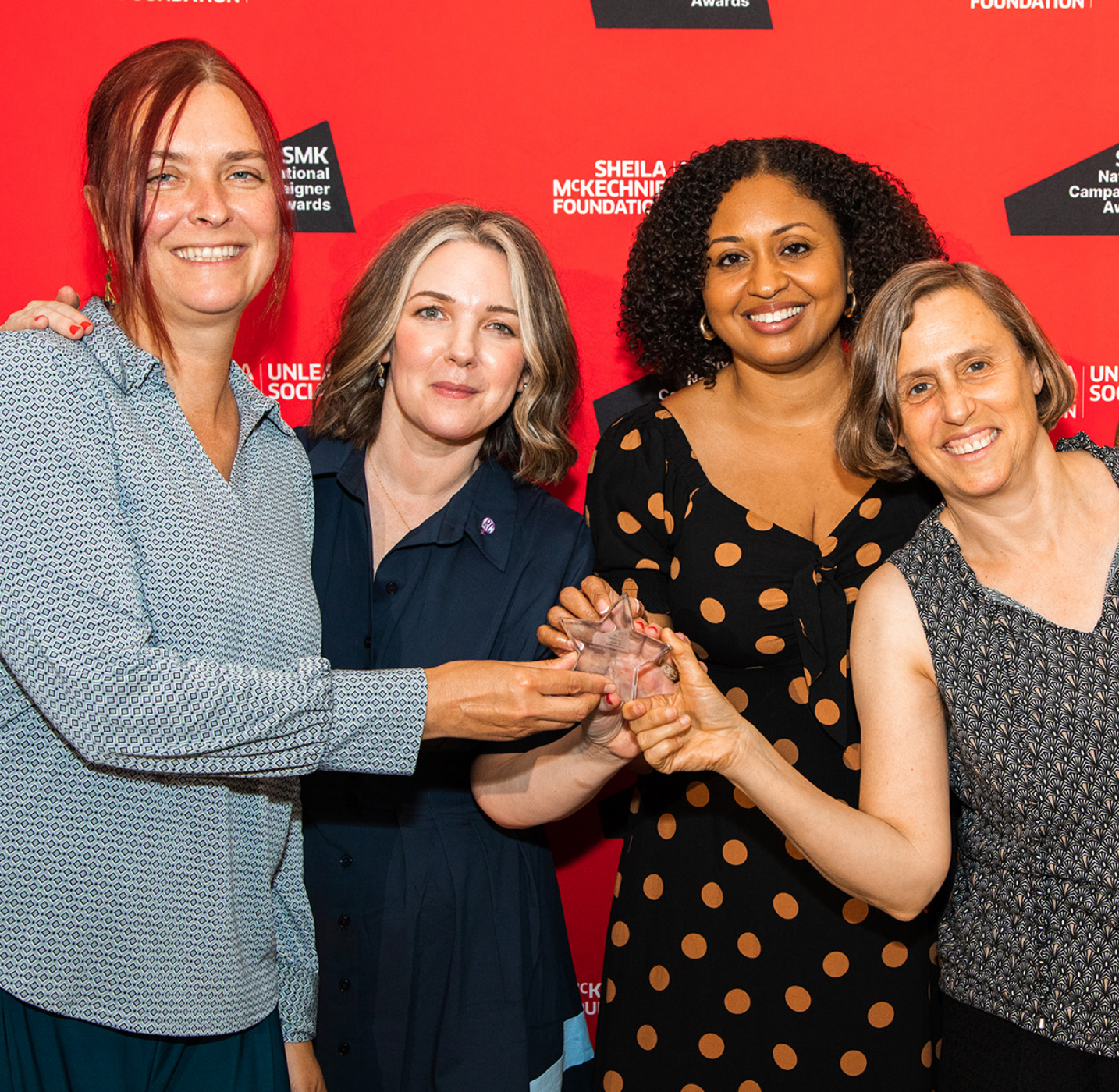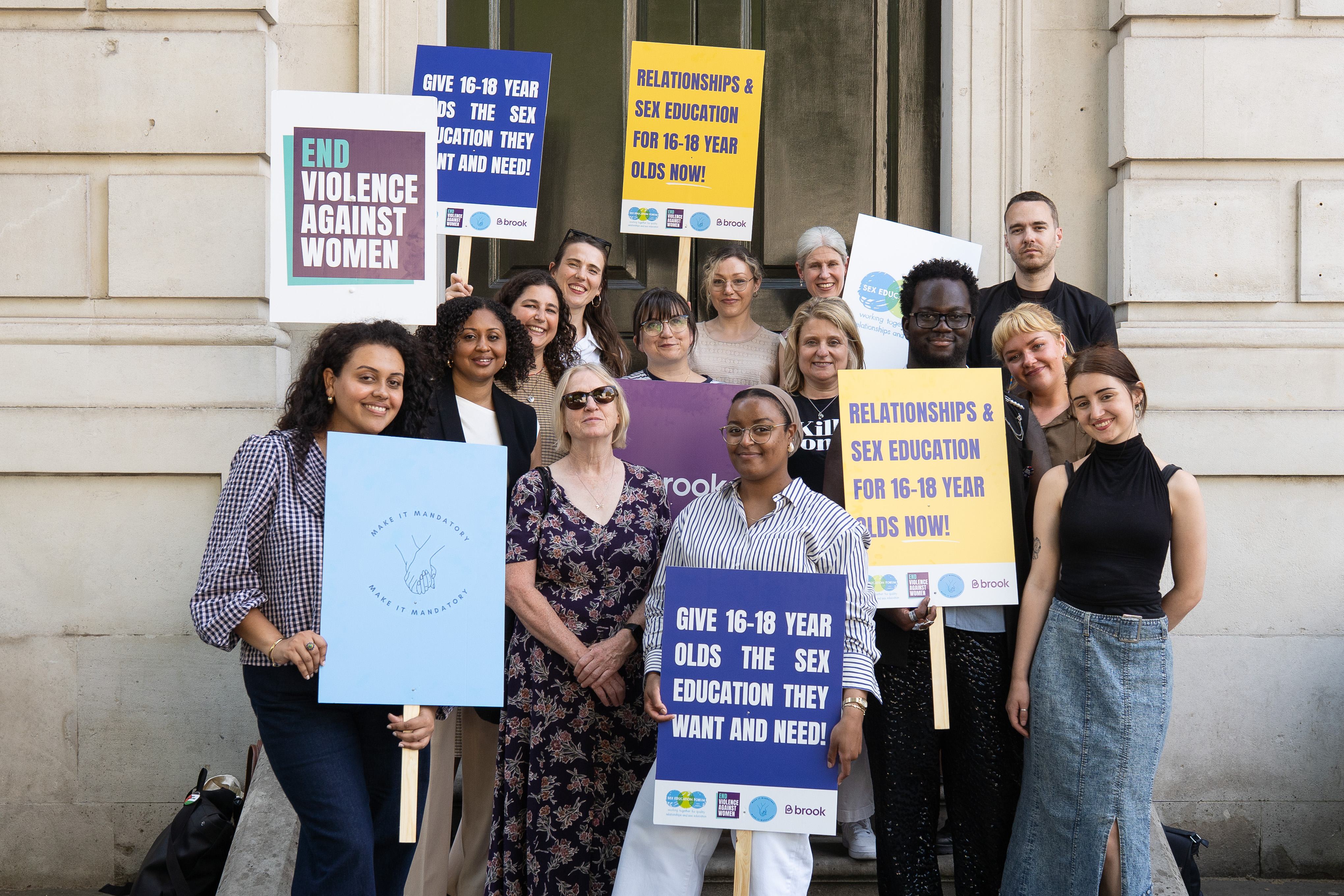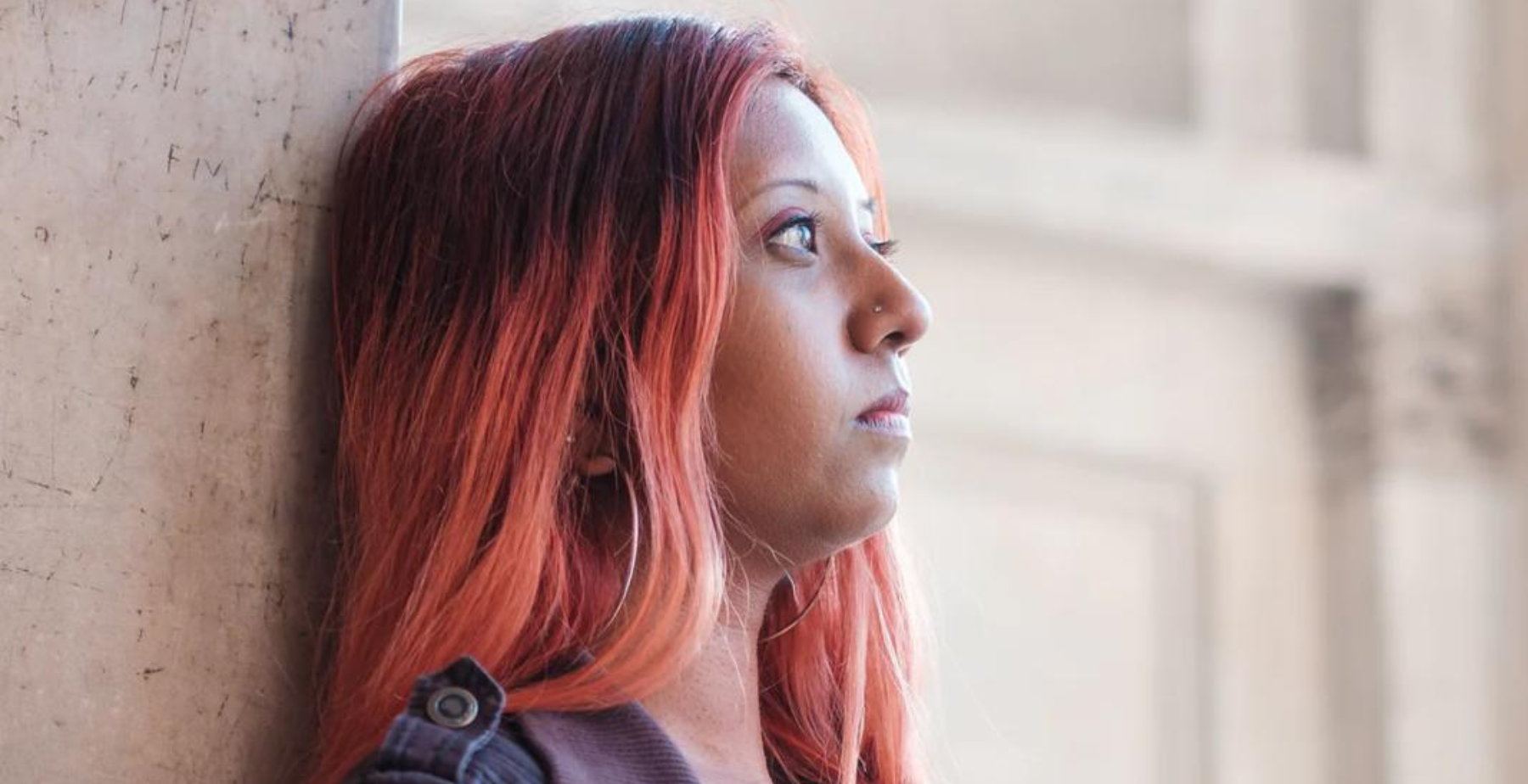 20 Jun
20 Jun
Violence against women and girls (VAWG) remains disturbingly present in the UK today. We know that 1 in 4 women will experience domestic abuse in their lifetimes, and only last week, new figures from the Office for National Statistics showed that 193,566 sexual offences were recorded by the police in England and Wales in the year ending March 2022 – the highest on record. Despite this, victims who report to the police find the odds stacked against them, with appallingly low charging, prosecution and conviction rates, as well as lengthy waits and poor treatment throughout the process.
Women and girls’ confidence in justice agencies is at an all-time low because of their persistent failures towards victims and survivors of rape, sexual violence and domestic abuse. For Black and minoritised women, the situation is even more dire. This is the backdrop against which the Victims and Prisoners Bill has arrived, and as it stands, we are concerned that it will not transform victims’ experiences without significant changes.
The Bill will be ineffective without adequate funding
A key concern is the glaring absence of funding to deliver measures in the Bill. This was repeatedly recommended by the Justice Select Committee, who in scrutinising the draft Bill, warned that without further funding the Bill risks “raising victims’ awareness of their rights only to leave them unable to access them due to the relevant services already working at full capacity”.
Recovery is an essential part of justice, and we need to ensure every survivor who needs support can access a service tailored to their needs. We are a long way from that being a reality. Building on the Domestic Abuse Commissioner’s mapping report, the government must urgently commit to sustainably funding specialist support services – particularly those led by and for Black and minoritised women, which have long faced chronic underfunding despite the urgent need for the support they are best placed to provide. Despite these services being best placed to support marginalised women who are disproportionately victims of gender-based violence, they are chronically underfunded, meaning many are on the brink of collapse.
Inequalities among victims completely missing from the Bill
This Bill yet again fails to take steps to address inequalities in access to specialist support and justice for marginalised groups, including Black and minoritised women, migrant women, Deaf and disabled women and LGBT+ survivors.
As highlighted once again in the recent Baroness Casey report, Black, minoritised and migrant survivors are disproportionately victims of violence against women and girls, yet also experience poorer outcomes in access to justice and support. To address this, the Bill should introduce a firewall between the Home Office and policing, as called for by Step Up Migrant Women Campaign and supported by the Justice Select Committee in their pre-legislative scrutiny of the Bill. Two years on from the Domestic Abuse Act, it is also high time that this Bill provided legislative reforms so that migrant survivors have equal protection from abuse.
Improving survivors’ experiences of the criminal justice system
As far as we know, the VAWG sector was not consulted on proposals to expand the scope of the Bill from the Victims Bill to the Victims and Prisoners Bill. Despite a long list of priorities for the Bill from the VAWG sector, which remain unfulfilled, the Bill instead delivers the Justice Secretary immense powers to intervene in the parole process. We’re concerned that this Bill is creeping away from its intended aim of improving victims’ experiences. We have long opposed the government’s threats to scrap the Human Rights Act, and will be reviewing these proposals in much greater detail.
We welcome legislation to put the Victims’ Code on a statutory footing, which has the potential to improve victims and survivors’ experiences of the criminal justice system. We also welcome measures that will place a duty on criminal justice bodies and non-territorial police forces to take reasonable steps to promote awareness of the Victims’ Code, as well as transparency and monitoring around this.
But if this Bill is truly going to centre victims and their needs, it must provide independent legal advice for rape survivors and safeguards to protect them from excessive police requests for their medical history, therapy notes and other personal data.
Andrea Simon, Director of the End Violence Against Women Coalition (EVAW), said:
“This Bill has the potential to improve victims and survivors’ experiences of the criminal justice system, at a time when women and girls’ confidence in justice agencies is at an all-time low and survivors are being routinely failed in the most appalling way.
Recovery is an essential part of justice, and we need to ensure every survivor who needs help can access specialist support that is tailored to their needs. We are a long way from that being a reality and need to see the government commit to sustainable funding of specialist services in the community – particularly those led by and for Black and minoritised women. We also expect this Bill to guarantee independent legal advice to rape survivors and to put a stop to excessive, intrusive requests for survivors’ private therapy notes.
There remains much to do to improve all victims and survivors’ experiences of justice and recovery, especially the most marginalised. The government needs to keep victims’ rights at the heart of this Bill, instead of pursuing the Refugee Ban Bill and so-called Bill of Rights, which significantly undermine the spirit of a Victims Bill.”
ENDS
Media contact
Sinead Geoghegan, Communications Manager, media@evaw.org.uk 07960 744 502
Recommended ARTICLES
 20 Jun
20 Jun
 19 Jun
19 Jun
 16 Jun
16 Jun

